Share
The right thing for Deaf children – what is it? Parents want what’s best, but knowing what that is can be a challenge.
Most Deaf and hard of hearing children are born to parents with typical hearing – the majority of whom don’t have much experience with deafness. Upon their child’s birth or onset of deafness they are tasked with figuring out their life’s trajectory by making weight-of-the-world decisions in terms of communication. Undoubtedly wondering at one point or another if they were doing the right thing for their Deaf child.
I know a lot of these parents. As a Deaf person who knows a ton of Deaf and hard of hearing people, I end up meeting a lot of their parents, and that’s always a kick. When I first meet them, there’s a little electricity when our eyes meet. An I-know-you-but-not-really or how’d-it-work-in-your-world kinda way. It’s a shared familiarity that binds us.
I had that with my father in law.
I met him 13 1/2 years go when my then-fiance and I took an impromptu flight from Los Angeles to Chicago and then a bus to the Wisconsin border for a whirlwind weekend trip to meet his folks. Winter in Wisconsin is a wild concept to people who have never been, but since it would be the only opportunity to meet them before they flew out to our June wedding in California, we grabbed it. His Dad picked us up at a gas station that doubled as a bus stop on an isolated road surrounded by a powder-white landscape.
He found us right away, feigned surprise to see us/congratulated us on arriving in one piece and we hit the road back to their little hometown I aptly nicknamed “the tundra”.
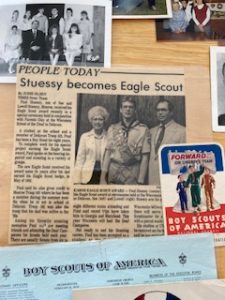

People from rural Wisconsin really impress us non-midwestern types with their ability to not only drive their stick-shift pick up trucks on ice-packed roads in January, but also because they’re so CASUAL about it. This, his dry humor, appreciation for essential oils and general political-incorrectness made me giggle enough to save me from squealing the whole way as I rode into town white-knuckling the dash while my butt clung to the middle hump of the bench seat.
“Did you go to a Deaf school, too?”
Safe inside a diner just having ordered breakfast, he was sitting across from me and my husband in a booth and was leaning toward me with interest. I guffawed.
“Uh no, I didn’t.”
My response to wasn’t meant to be elitist. It was because growing up in the 80s in suburban New York, keeping up the facade of me being “normal” was a big deal. Both to me and my family. And it seemed normal enough: I spoke, used hearing aids, had a resource teacher (who literally saved my less-than-studiously-inclined heinie over and over). But we didn’t know anything different. I passed as a hard of hearing person with minimal access. I masked a lot so I seemed to take in more than I did. But so many areas were fuzzy. And they didn’t become clear until I got to college. So in my mind, state schools for the Deaf were far off places that I didn’t have the benefit of knowing about or how they would be a place for me. We simply didn’t know all the things we know now.
So, I was a little salty.
But he didn’t know that. His face fell slightly, said, “Oh…” and our attention turned to something else as it does when you’re visiting family.
That moment really stayed with me because I think he was really asking something else:
Did he do the right thing for his Deaf son?
My husband was born profoundly Deaf and adopted at 18 months. His deafness only became known to his parents after the fact so to say they were caught off guard was probably a significant understatement.
Information on Deafness, Deaf Culture, American Sign Language was of course not as easy to find n the late 1960’s as it is today, never mind in rural Wisconsin. Nevertheless, they sought out and received some different perspectives and tried a few different approaches locally, shifting gears when they could before ultimately allowing him to enroll at the Wisconsin School for the Deaf. The caveat: the school was two hours away from where they lived and ran their family business.
How did they make that decision? How would they know if they were doing the right thing for their Deaf child? They saw him interacting with true peers for the first time at a Deaf Camp with other Deaf kids. They saw him in a place that that totally accessible to him. They saw what was possible in the other kids and adults at the camp and wanted that for him too.
They saw him thrive.
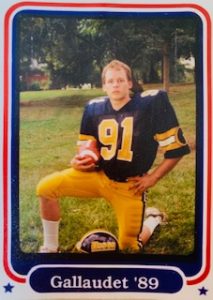

My husband with his beautifully fluid, seemingly-native command of American Sign Language was actually 10 years old before he really learned it.
He speaks with his voice very well. He can converse 1:1 with non-signing folks and has some pretty stealth lipreading and perception abilities, even for a Deaf person.
Seeing him in signing environment with peers was when they got a glimpse of what could be for him. Late or not, they made that leap of faith.
I’m so glad they did.
Did they do the right thing for their Deaf child? I think so.
Would that have been the right choice for me? Maybe not. We’ll never know because I had a different path.
Fortunately, we both got to a place where we were able to flourish as Deaf individuals.
With so many perspectives in deafness on how to educate, communicate, hearing devices that a parent new to this world would have their head spinning. Some people try one way and decide something else would also benefit their kid. You can change course. You can add, subtract as you keep learning.
How you know what’s the right thing for a Deaf child:
Deaf children should THRIVE.
First and foremost. You can see this by the light in their eyes and in how they move about the world and interact with its occupants.
Deaf children should have firsthand ACCESS to the world around them.
This means tools and empowerment in how to use them. In EVERY level of education, family and social interactions. They shouldn’t feel like they wouldn’t be able to do something just because they are Deaf. This is not a luxury, either. It’s a human right.
Deaf children should be able to communicate freely.
I hold the belief that all Deaf children have a right to learn and communicate in ASL. But as is the case with many families and was the case with my own family and the lack of information at the time, I WAS actually communicating rather *freely* albeit a bit oddly at times, so some kids will just be more naturally verbal. Just supplement that. Offer stuff. Include them.
Deaf children should have a social network.
This means peers and friends. People to hang out with that they aren’t necessarily related to. Ideally every Deaf child should have at least one other Deaf friend in their social circle. But hearing allies who truly accept and reciprocate in celebration for who they are, are so very valuable.
Deaf children should have pride in who they are.
They should feel secure in their deafness, not ashamed. Not every kid is super confident and outgoing by personality, but Deaf children should not be ashamed or wish they were not deaf. They should feel like it’s ok so stand with their feet on the ground in mixed company being a Deaf person and that it freaking ROCKS, ok? They should be exposed to the philosophy that deafness is a valuable, sacred part of them. Strong Deaf role models are abundant in our community. Show them who they are, let them meet new ones in their daily lives. And this leads me to the next point..
As a hearing parent, you check in with Deaf adults.
Not to get anyone’s OPINION of how you are raising your child but for YOU to see how Deaf adults live and how they got there. Find adults who have the same communication, education, social access that your child is being given and observe. Are you finding them? What’s their vibe? What jobs do they have? What cool things are they doing? I believe meeting thriving Deaf adults was the clincher for my in laws in getting my husband access to ASL and the deaf community. That wasn’t as easy back in the 70s, but luckily, the internet brings the world that much closer so you can find people faster today. They are celebrated and thriving everywhere.
And so it is..
My father in law was a seeker by nature. He seemed to enjoy learning things and even took on a new career in wellness mid-life. I’d venture that learning about perspectives in deafness was his continued research on topic he began so long ago when he first discovered my husband was Deaf. It was his habit to connect, to learn, to adapt, to seek, to switch channels and above all… reassess to see what’s working – if not, change it. 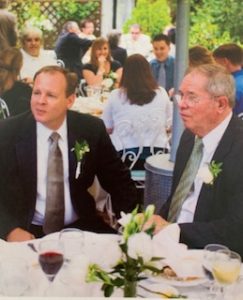

Because that’s what he did.
It’s not something he suddenly stopped doing. It’s not a habit you break. Not any more than you can stop “parenting”. Not any more than you can stop loving your child.
And love he did.
Giving children access to language is gifting them with keys to the world. Seeing them truly thrive is proof you’re doing the right thing for a Deaf child.
Epilogue
I started writing this piece in the Fall of 2021 with the intention of not only hitting on this crucial topic faced by parents of children with disabilities, but also as a way to honor my father in law Lowell who inspired it with our initial meeting. My plan was to publish it on his birthday in January, but he unexpectedly passed away on December 18, 2021. Today is the day of his memorial service, so I offer this in his memory instead with all my love and appreciation. Not only for his brave choices earthside, but for this guy too (pictured below in his hometown this week).
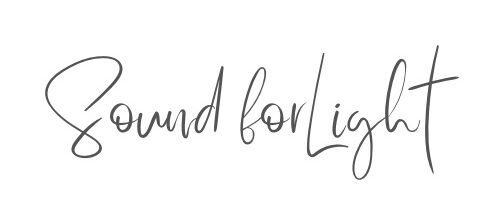
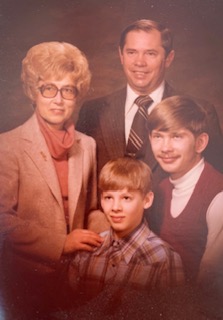
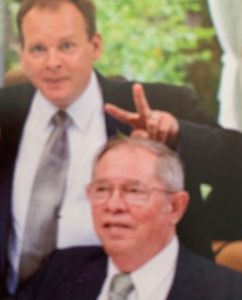
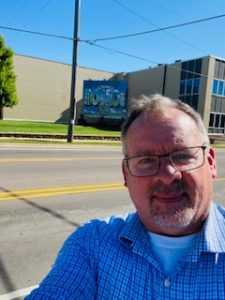



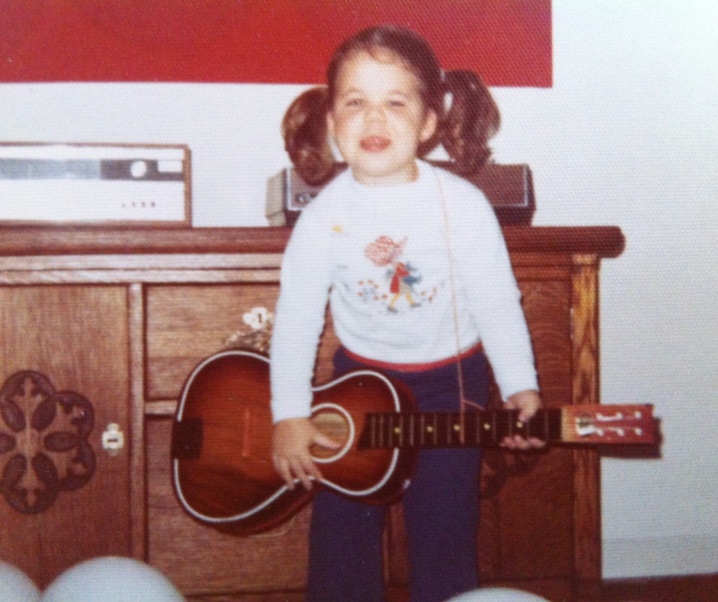
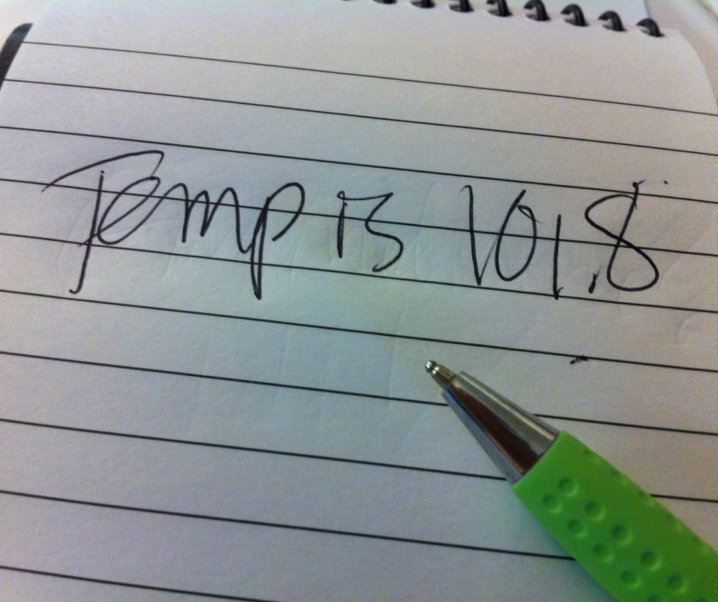
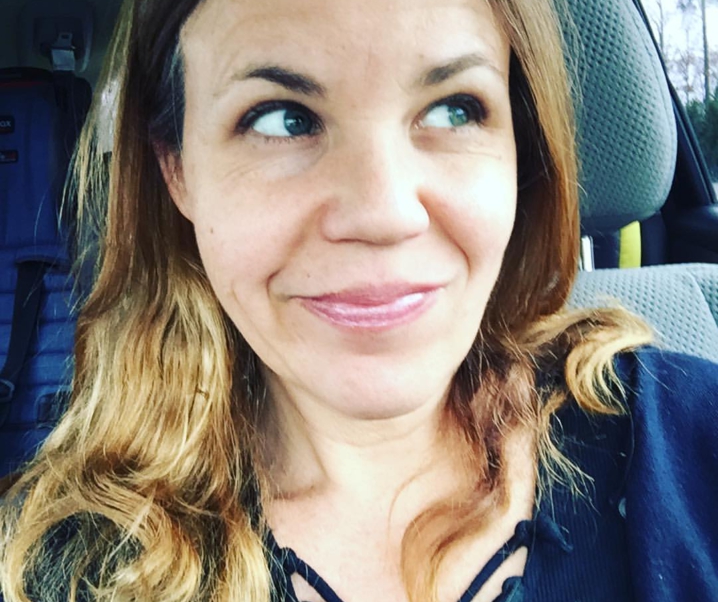
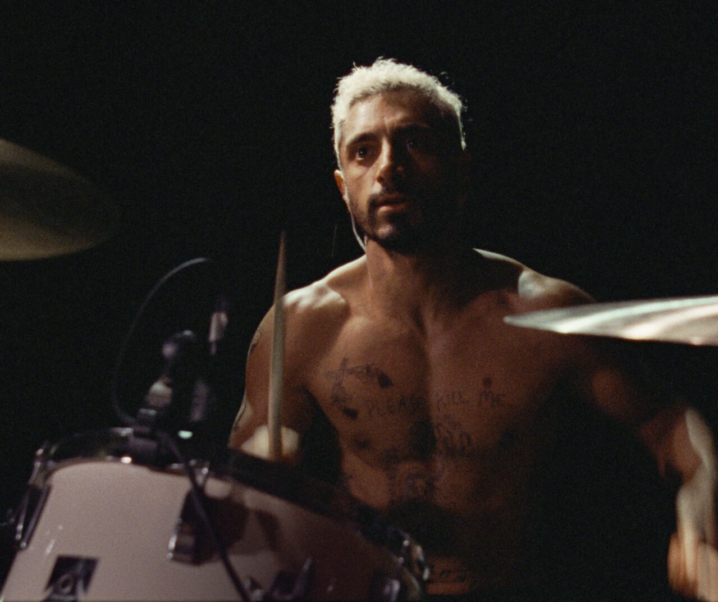
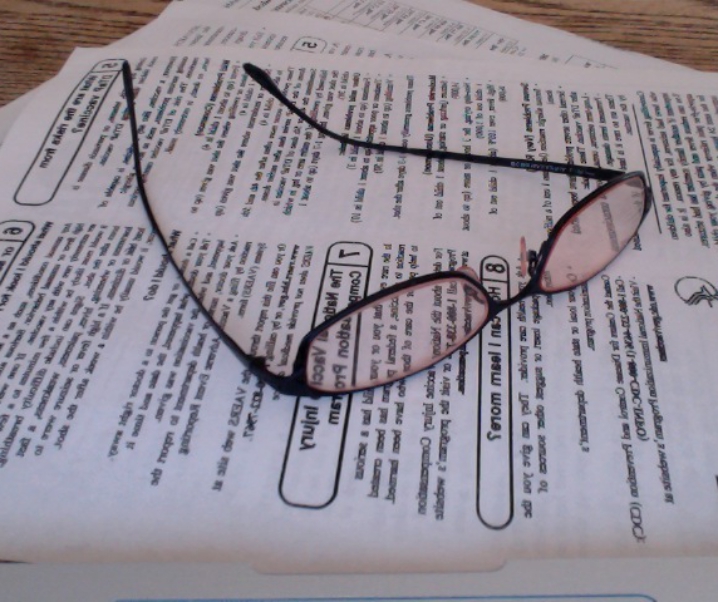
Jeannie
March 15, 2023I love your article. I’m a hearing parent of a Deaf daughter born in 65. My husband, hearing younger daughter and myself all learned Sign Language for her. Eventually I became an Interpreter since there were none at that time for church, dance class, middle school to help her. The one regret I have is I could pass the San Diego College Interpreter Certification but tried several times to get RID certified. LOL I’d panic every time and fail. But I can carry on perfectly with any Deaf person I meet and was a school district Interpreter for 10 years no problem. I had to give up school interpreting when they finally required I be certified by RID. Very sad day for me but I understand. We as you said didn’t know where to turn and at that time lived where only Oral programs were offered in Ontario, CA for her in school at 18 months she began public school. Of course in separate classroom only the Deaf were in since Main Streaming had not begun. After 4 years of speech class 4 hours a week and full time school she had 8 words she could speak and not much lipreading. She was so frustrated like Helen Keller we had to look for a better way even if it meant moving.We looked at all ASL classes, Riverside School for the Deaf ( too young to send away full time) and a new approach of Total Communication in San Diego. We picked moving to San Diego for the Total Communication approach. It worked within 3 weeks she was signing and we were also taking class. She learned signing and lipreading. It worked for us. I went on to becoming an interpreter for church and the school district which I loved.
My wish is and I shared with many parents of Deaf children is that there was a book telling us what to do for our child’s communication and education. It was so hard having to pick her future and how to communicate. Huge responsibility. Always questioning ourselves. I had a sister with Cerebral Palsy and it was easy for my parents to just ask the doctors what to we do for her. Not like that for the Deaf. Too may opinions and choices. So this is why I’m writing you. To say thank you for your very important article. It should be available at all Audiologist and Pediatrician offices. To help parents with Deaf babies and children.
Hey totally agree with your Super Bowl article. Makes me furious they don’t have Interpreter next to speakers or performers. GRRRRRRRR
Keep writing articles. God Bless
JenLeora
March 15, 2023Thanks so much Jeannie. Your comments mean a lot! The choices you made them were probably even harder than now. You were able to share a language and a community on top of access and inclusion at home. That’s the best of all things, truly. <3
Jeannie
March 15, 2023Thanks for your reply. Yes it’s hopefully easier now with the ADA Act which we didn’t have.